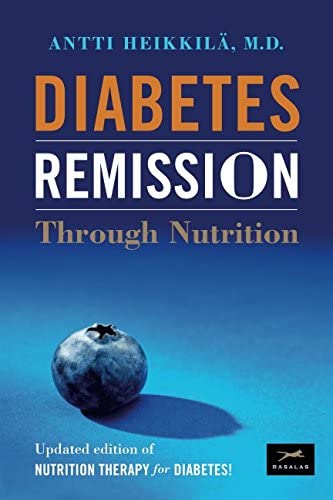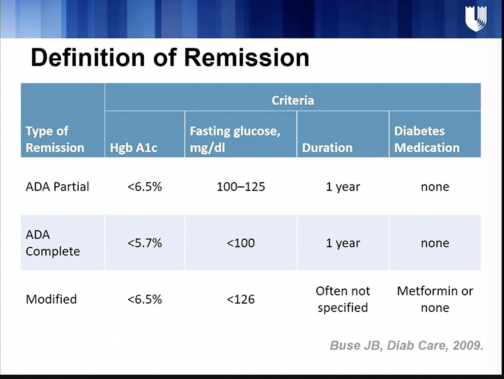
Depending on the person’s lifestyle and the diabetes’s severity, remission from diabetes is a viable option. The best "reversals" are achieved through lifestyle changes, and require dedication and time. For those who suffer from the disease, diabetes treatment is now close to a cure. It is a disorder of the body’s energy-processing systems, with the cause largely being an issue with insulin. Insulin is a hormone made by the pancreas that helps regulate the amount of glucose in the blood, letting the body know how much it needs now and how much it can store for later.
There are several types of diabetes and their treatments vary widely. The most common types of treatment include insulin and oral medications. If these treatments are not effective, a person may have to try a combination of medications to achieve the best results. This treatment is more costly and carries a higher risk of side effects, but it can have a more pronounced impact on glucose levels. Type 2 diabetes does not usually require additional insulin. Most diabetes medications for type 2 focus on reducing blood sugar and improving absorption. This treatment option has been proven to be effective and has led to a 40 percent reduction in the use of diabetes medications.
While many people suffering from type 1 diabetes are on lifelong medication, others are in search of a cure. In the US alone, 1.5 million people are currently taking some type of medication to control their symptoms. Although there are no cures for type 2 diabetes, science is working to develop a drug that will prevent or reverse the symptoms. This treatment will be available for Type 1 diabetes, but not for type 2 diabetes. The study will take five years and involve 17 people suffering from the condition.
Type 1 diabetes is a disease of the immune system that can’t be reversed by traditional methods. In addition to insulin injections, the patient will be required to take lifelong immunosuppressant medications. While a cure for type 1 diabetes is far from reality, this approach is still the closest to a cure. This procedure requires a high level of patient commitment and strict eligibility criteria. For this treatment, immunosuppressive medications must be continued until the patient can maintain a healthy blood sugar level.
In addition to using an insulin pump, cell therapy is another possibility for a diabetes cure. The technique of transferring insulin-producing cells from stem cells into the body may replace the missing beta cells, thereby restoring the normal levels of insulin. While early attempts have failed, cell therapy has shown promise in the treatment of diabetes. One of the major hurdles is lack of donor cells. However, the process is still very early in its development.

In addition to improving blood glucose levels, diabetes also increases the risk of infection. If left untreated, an infection may occur that requires amputation. In addition to the risk of infection, diabetes is also associated with hearing loss. A natural supplement is often used to support hearing in this case Difoflex Ecuador. People with type 2 diabetes are also more likely to have obstructive sleep apnea. Obstructive sleep apnea can also contribute to poor blood sugar control. The risk of Alzheimer’s disease increases with diabetes. Disturbed blood sugar levels have been associated with rapid declines in memory and thinking skills.
If uncontrolled, diabetes can affect many major organs and cause many complications. Without proper care, patients may develop cardiovascular issues, nerve damage, and blood vessel narrowing. Eventually, the diabetes will lead to loss of feeling in the legs and toes. Diabetes can also result in blindness. So, diabetes treatment is the key to preventing these problems from arising. And there are many ways to prevent diabetes. You can start by taking steps to improve your lifestyle and seek treatment for the disease before it becomes too late.
In some cases, diabetes can be completely cured. A number of trials are currently underway to develop a treatment for diabetes that will eliminate insulin dependence and cause no side effects. Patients who achieve remission may also stop taking their diabetes medications. However, remission of type 2 diabetes is not permanent and may return. In some cases, patients may even go into remission for many years before symptoms begin to recur. For more information about diabetes management, visit the website vamospormas.org.mx.
Type 2 diabetes, also known as adult diabetes, is the inability to regulate the amount of glucose in the blood. This happens when the pancreas does not produce enough insulin or the cells do not respond to insulin. As a result, glucose accumulates in the blood and causes various complications, including blindness. However, treatment for type 2 diabetes is still far from a cure. However, the symptoms of diabetes can be controlled with diet and exercise.
Leave a Reply